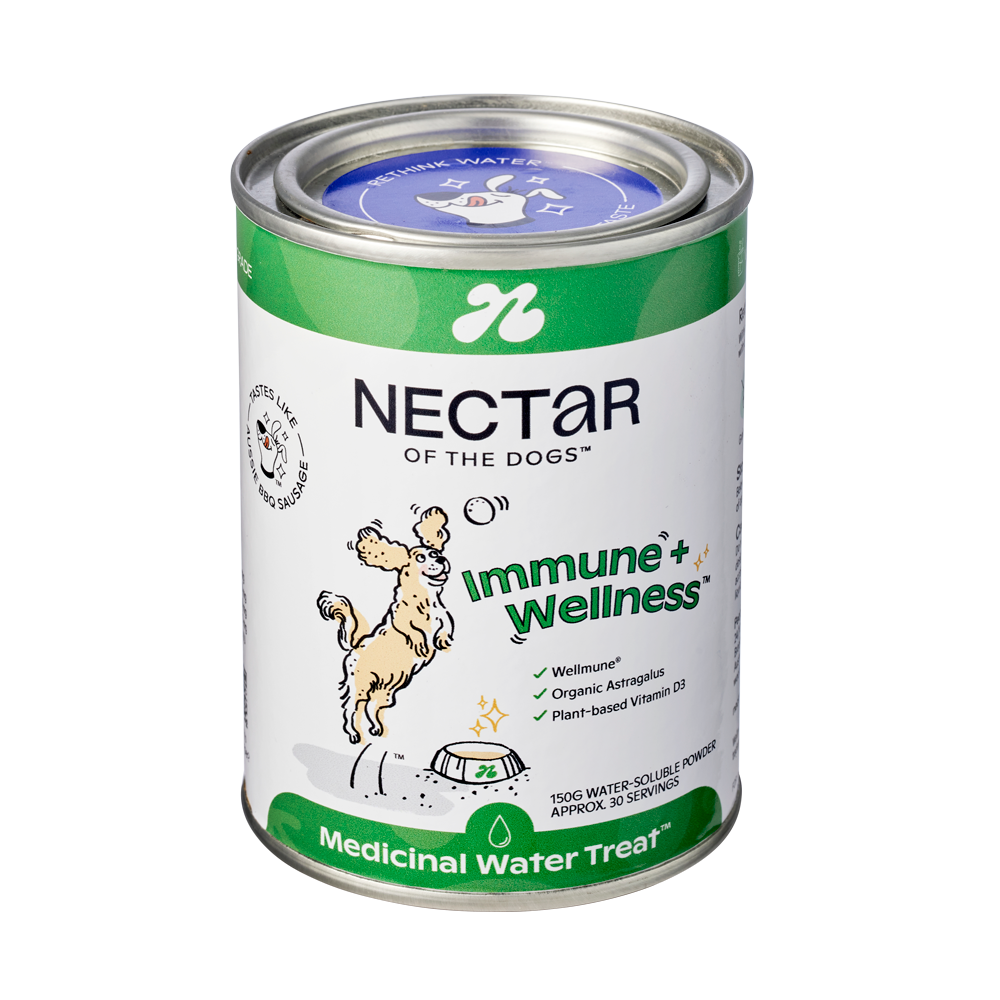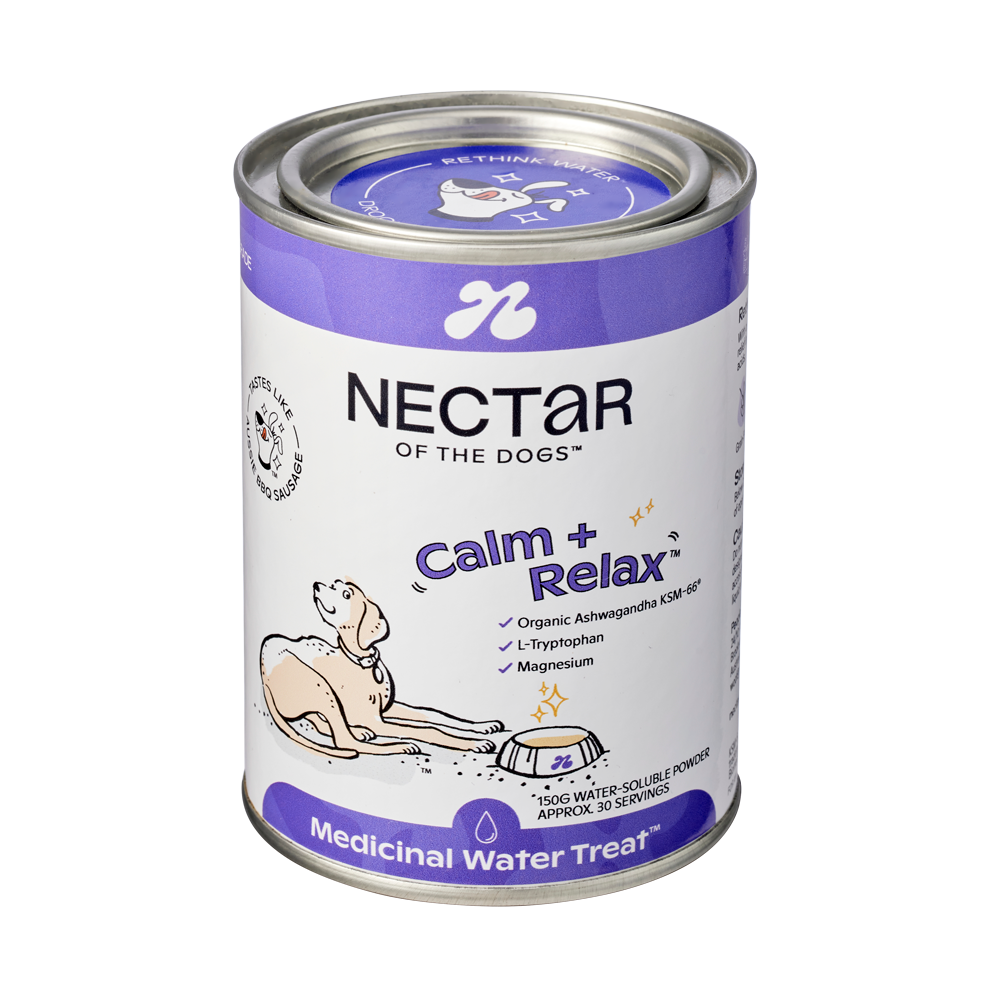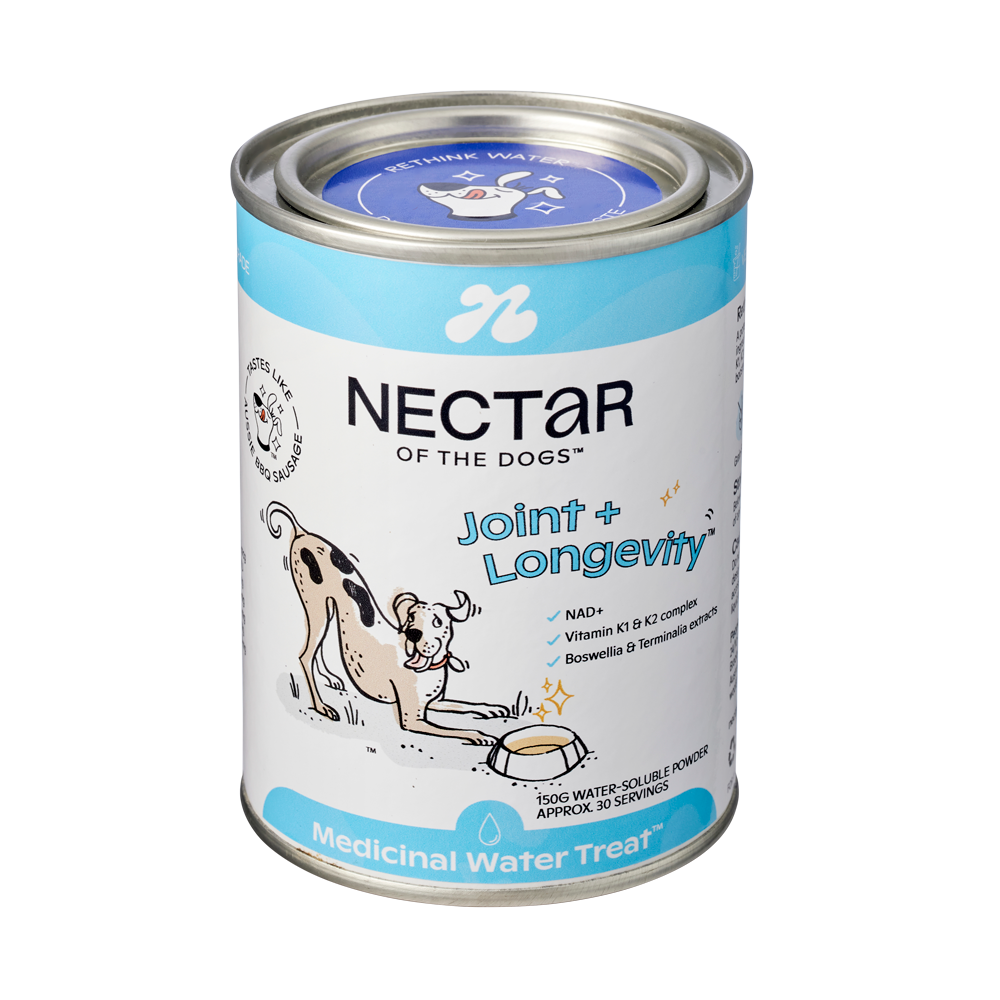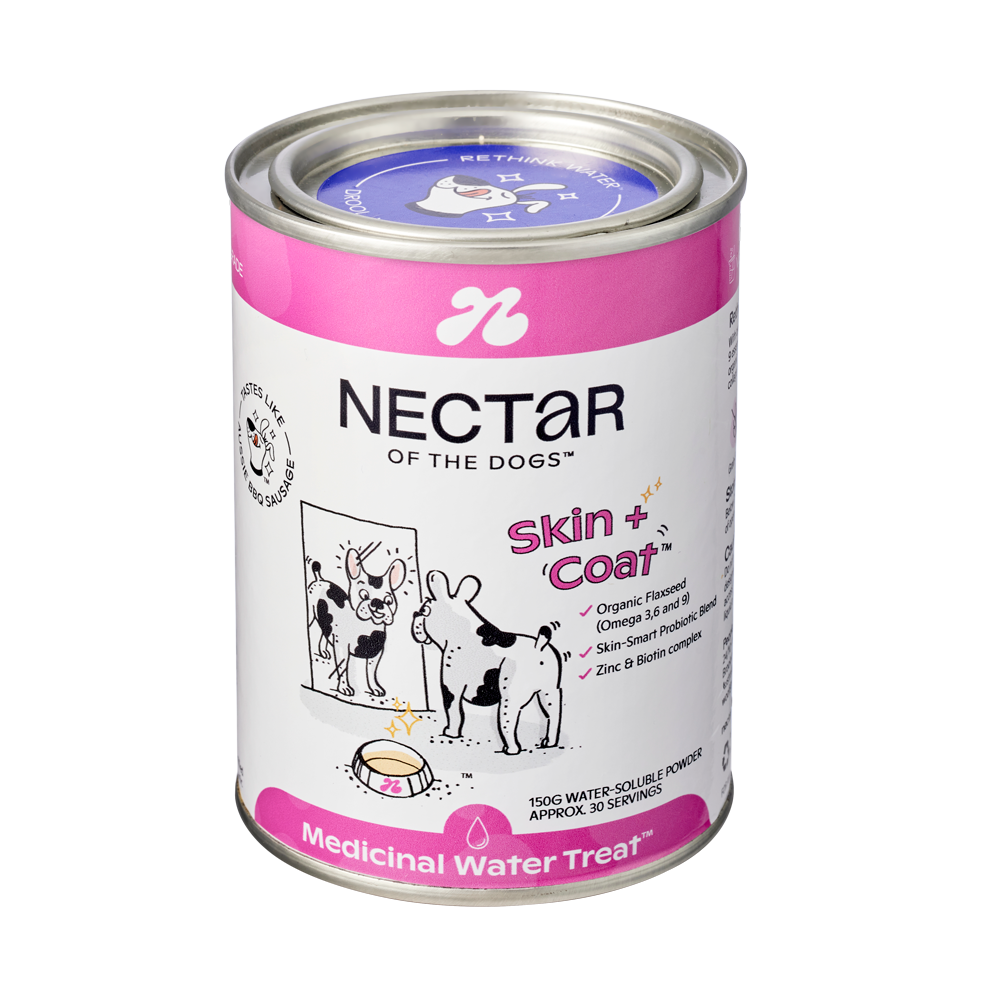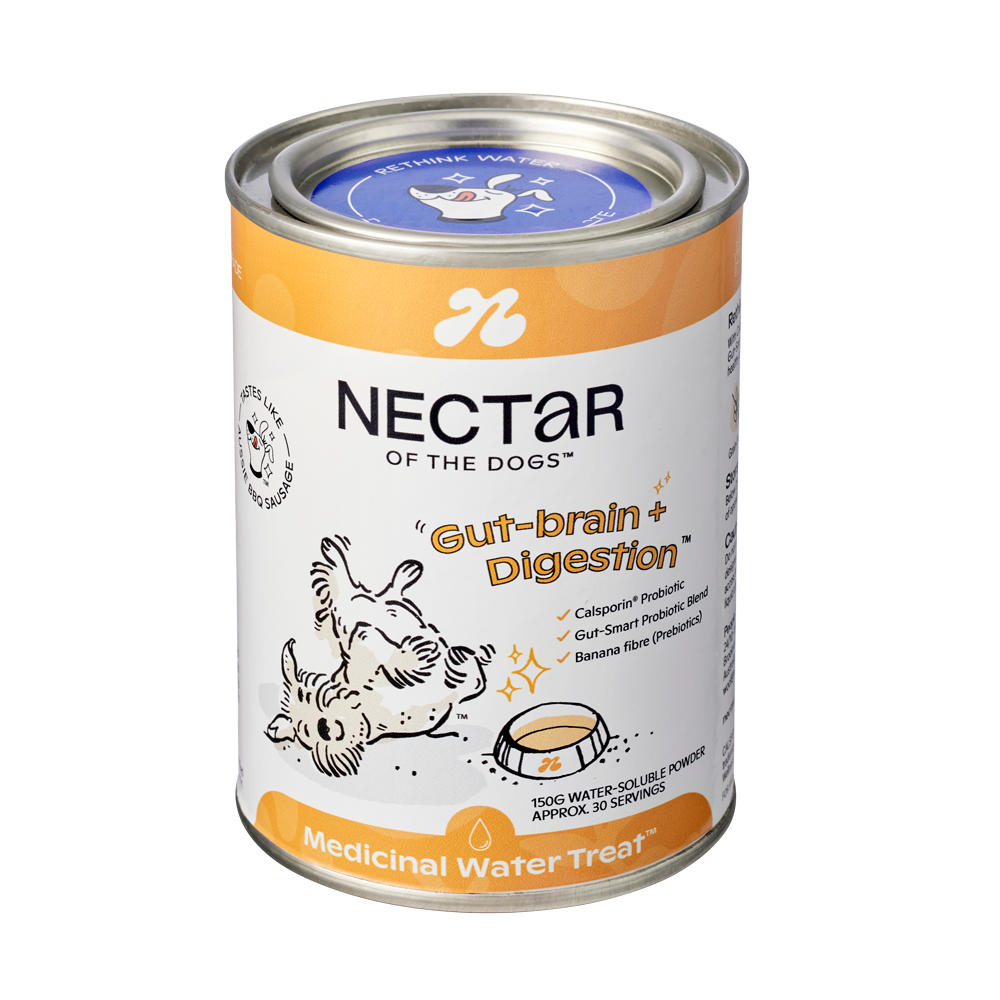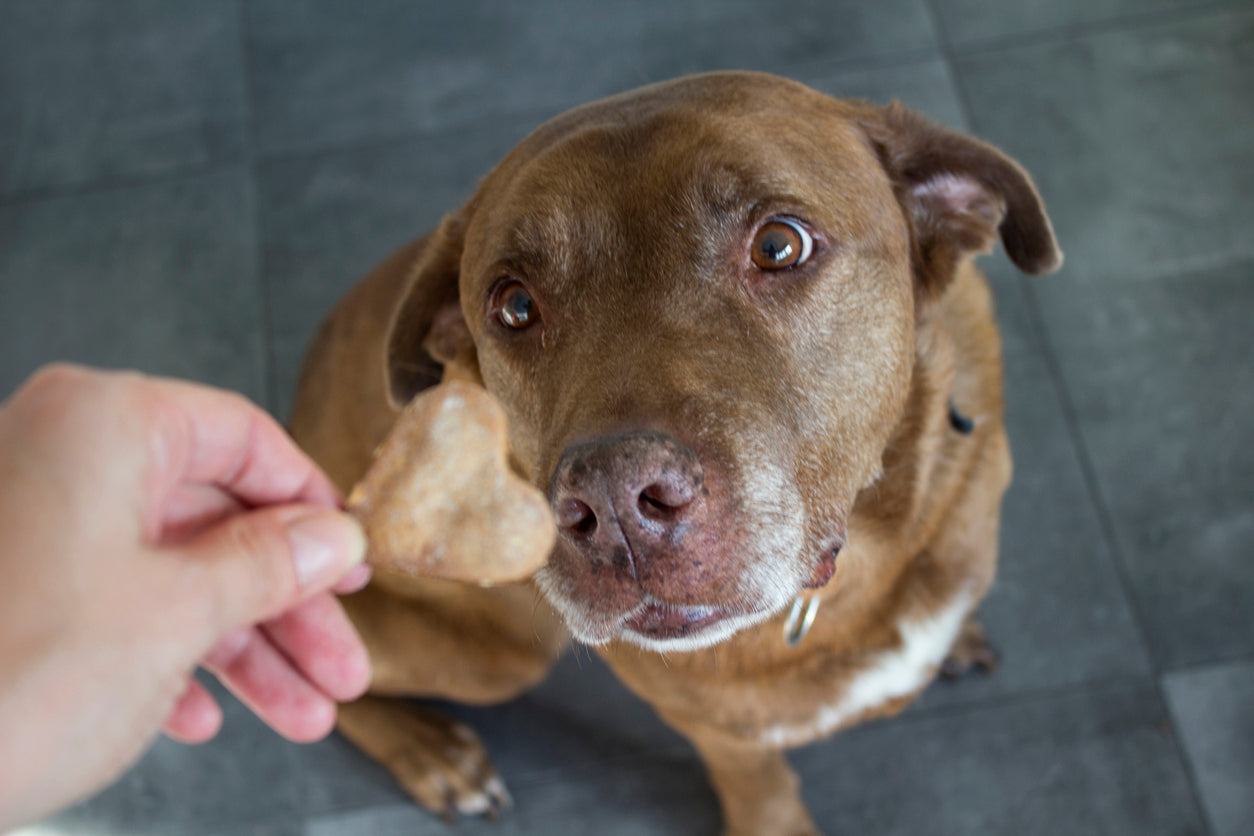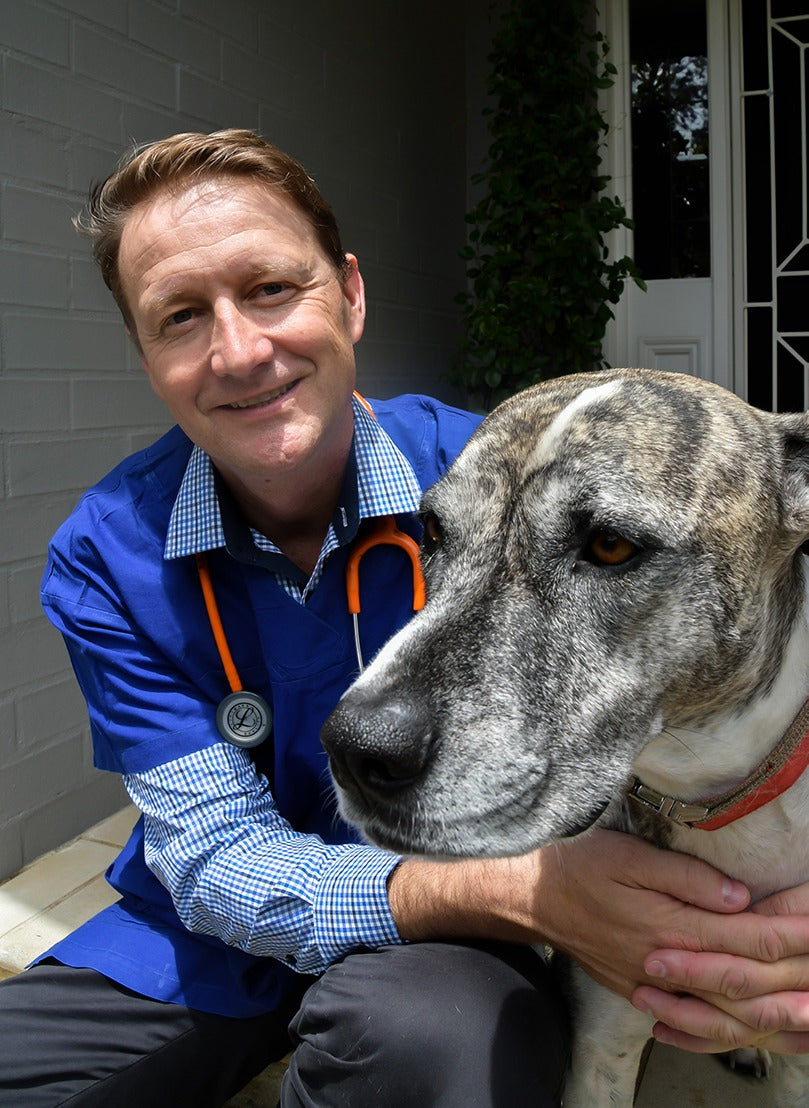Your Guide to Pet Nutrition with Shiva Greenhalgh
As pet owners, we want our fur babies to live their healthiest, happiest lives. But have you ever wondered if you’re really feeding your pet correctly?
With so many different types of food, feeding philosophies and brands out there it is easy for pet parents to be overwhelmed when choosing the right food for their fur baby.
You may be thinking, how do I figure out the best way to feed my pet?
Well, you’re in luck, because we’ve enlisted the help of an expert.
The Nectar team met up with animal nutritionist Shiva Greenhalgh to discuss all things animal nutrition. Whilst there isn’t one “perfect” pet food for every dog or cat, there are a few tips that will certainly help you make an educated decision about what you feed your best mate.

Feeding styles and personal preference
No two pets are the same. Every pet’s diet is going to be different.
According to Shiva, there are a few important factors that must be accounted for when determining the best diet for your dog.
Medical conditions and age must first be considered when choosing a diet. However, if your pet has no conditions, you’re able to have greater flexibility. When working with clients, Shiva also reviews the preferences of both the owner and their pet.
When it comes to the owners, Shiva considers accessibility to ingredients and time requirements. Owners need to be able to access, afford and serve their dog’s food consistently to make it a good option. You don’t necessarily want to be constantly changing their diet or mixing and matching brands as this can often lead to gastrointestinal issues.
Pet food should be complete and balanced
Shiva states that pet food should be both complete and balanced.
For food to be complete, it must have all of the essential nutrients your pet needs on a macro and micro level. To be balanced, it must have all of these ingredients in the correct ratios.
Most commercial foods are both complete and balanced, but raw and home cooked foods are often complete but not balanced. This is why it’s important to research and enlist professional help when it comes to determining the best diet for your pet as you need to ensure they get all the right nutrients and vitamins and minerals. If you like to feed a raw diet or cook food at home for your pet, Shiva recommends using nutritional supplements to their diet to give them 100% of all their dietary needs.

Budget vs premium pet food
Although you can find some decent budget pet foods, Shiva explains the main differences between premium and budget food generally.
Most budget food from the supermarket is manufactured overseas. Often, this food is created in the cheapest way possible, which means that the ingredients are likely to change depending on their cost at any given time. As a result, the nutrients in budget pet foods are constantly changing, which can impact digestibility and whether your pet is meeting their nutritional targets.
On the other hand, premium pet food is more uniform. Premium food manufacturers tend to stick to one supplier and use the same ingredients consistently. This means that it’s guaranteed to always have the same quality and nutritional value.
So, whilst it may be tempting to opt for the cheaper options, sticking to premium dog food is usually a good way to ensure that your pet is consuming the correct diet.
Things to watch out for when purchasing pet food
When buying food for your fur baby, there are a few things to watch out for.
According to Shiva, pet parents should avoid purchasing foods that list different proteins. For example, if the food says “beef and/or chicken”, it should be avoided, as you never know what you’re actually getting. These foods will use whichever protein is cheaper at the time, so if you feed these to your pet, you may not be hitting nutritional targets.
Shiva also highlights that it is usually better to have meat / animal protein as the first ingredient (and ideally not animal by-product meal) when it comes to purchasing food. But she states that a certain amount of grains can also play a role in our pet’s diets, despite the popular “grain free” discourse that surrounds pet food.
Grains are also important to dogs, as they’re a good source of vitamins, minerals and amino acids. Grains are a functional ingredient that are OK to be incorporated into your pet’s diets as long as your dog doesn't suffer from intolerances to them. They help create balance, as giving your pets too much protein can lead to weight gain and other health issues. So, as long as grains are not used as a cheap substitute for high-quality animal protein, they are absolutely fine to be part of a dog’s healthy diet.
Pet food as a multi-sensorial experience
Like humans, pets also want to enjoy their food. This is why Shiva states that feeding should be a sensory experience.
You should strive to feed your pets a variety of tastes, textures and smells. This will allow your furry friends to gain enjoyment from their meals.
Our pets eat with their nose of course but also with their eyes. Put effort into your presentation, and don’t be afraid to experiment. You may even choose to get involved whilst your pet is eating. Sit next to their food bowl and pat them. Encourage them to eat and share their enjoyment. According to Shiva, you should make meal time intentional. Dedicate time to your pets diet, and make their meals special and enjoyable.
Whilst nutrition plays a big role in feeding, people should also prioritise their pets enjoyment when it comes to meal time. Creating a positive feeding environment will make your pets happy and alleviate any anxiety that occurs around eating.
A clinical nutritionists take on pet supplements
Last but not least, we asked Shiva about the role of pet supplements.
Shiva states that if your pet has any deficiencies, there’s a clear need for supplementation. Especially when it comes to a raw or cooked diet, you cannot have a complete and balanced approach without supplementation.
However, she also cautions against over-supplementation, as this can throw off the balance in your pets diet.
So, when it comes to supplements, Shiva advises to be mindful. Make sure your pet is consuming any supplements they need, and in the correct amounts.
When it comes to feeding your pet, remember that every pet is different. Finding the best diet for your pet takes time. Do your research, speak to experts, and see what works the best for your dog.
Treat your pet like a human, and really get to know their likes, dislikes and problem areas. If you put effort into your pets diet, you’ll help them live a happy, healthy and long life.
Are you interested in learning more about pet nutrition? Listen to the full podcast episode with Shiva Greenhalgh.
